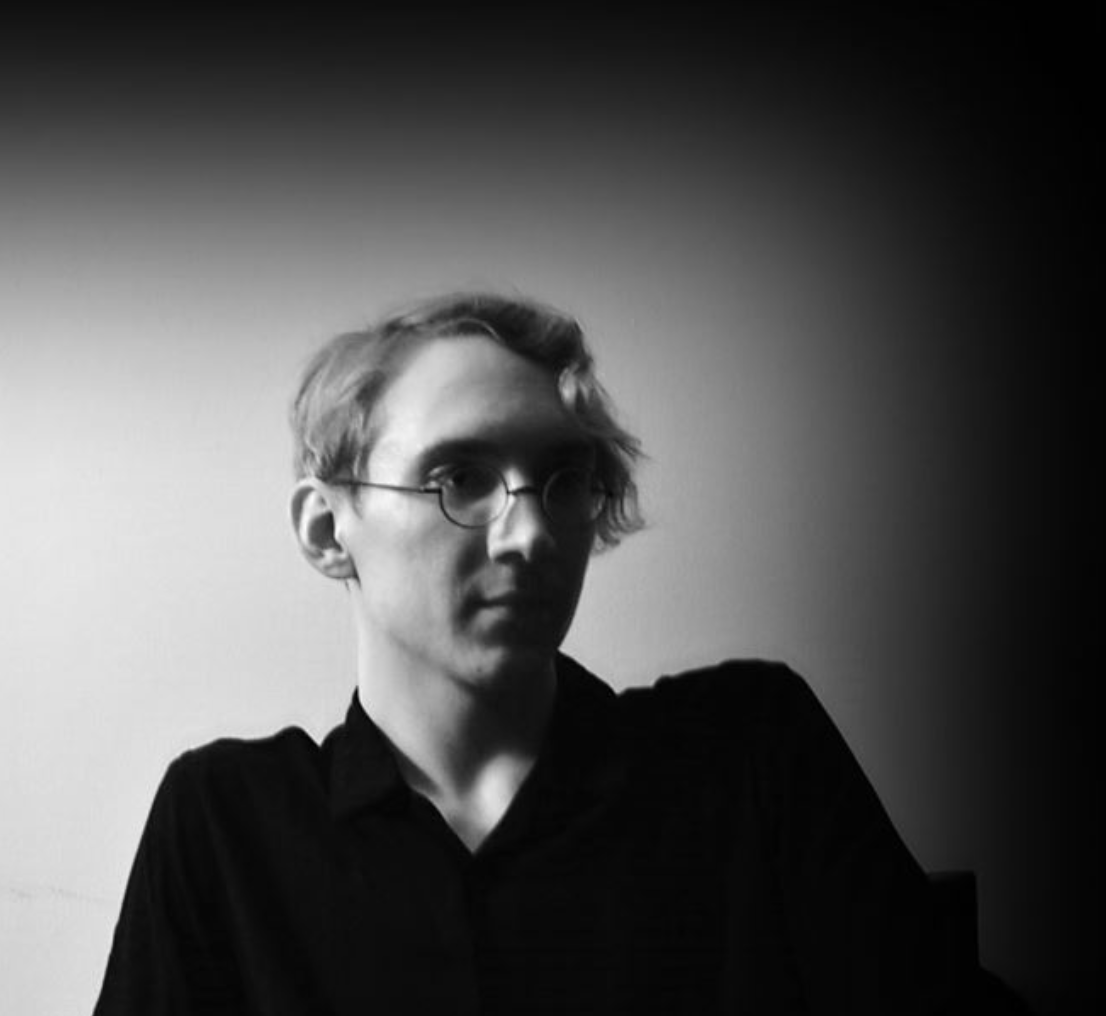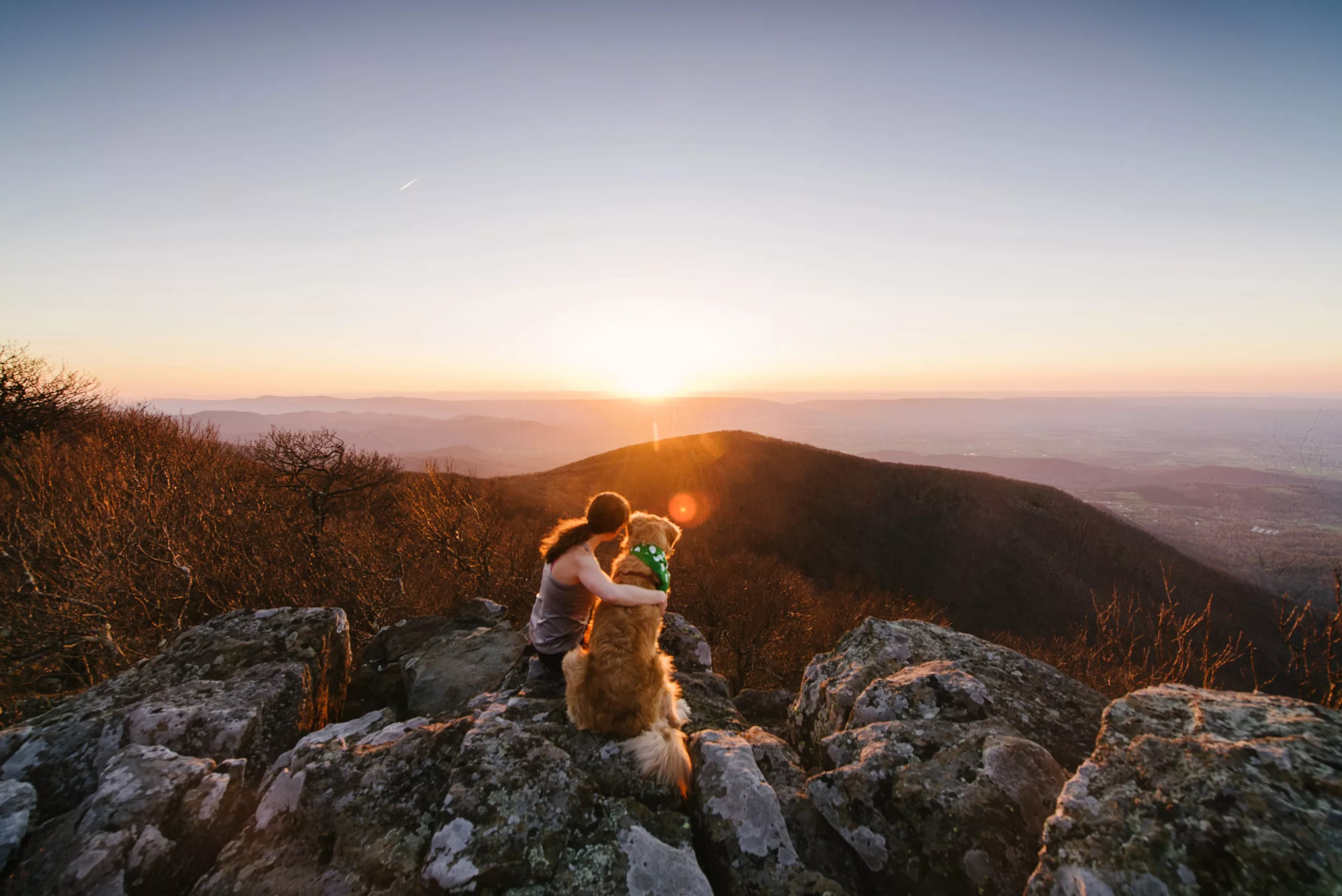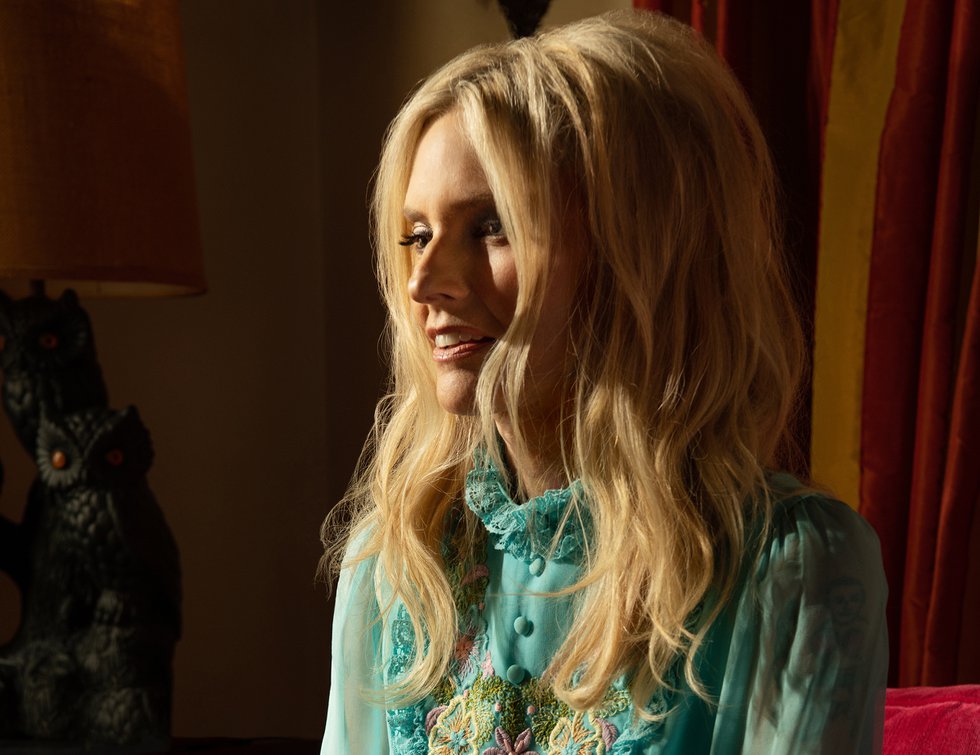A traveling poet, Carlson-Wee finds inspiration in the people he meets and the landscapes he sees.

The Low Passions by Anders Carlson-Wee. W. W. Norton & Company. pp.112. $15.95.
Konstantin Rega: Though you weren’t born here, you have a connection to Virginia that comes through your poetry collection.
Anders Carlson-Wee: Well, I grew up in Minnesota (north bleak landscape, very wind-swept location), but some of my relatives are in Virginia. I’ve also done a lot of cross country travel, and the trip my book is centered on was concluded in Virginia—where a lot of misadventures and shenanigans happened.
Can you tell us how The Low Passions came about?
I had written about 1,500 poem-drafts, trying to capture this trip. 53 of the poems are in the book. I write a lot of attempts and try to find the best ones. Some of the process started on the road while traveling. But others came from other parts of my life. Both my parents are Lutheran pastors. And I did my best to ignore their sermons, a typical rebellious kid. But being around it so much, I couldn’t help but absorb it, I guess.
So the “Low Passions” are the earthly, material things of life. Usually a derogatory term. Opposite of the “High Passions” which are the things of heaven. And I wanted to reclaim the term as something more positive. I tried as hard as I could to put myself in that book, too. There were more descriptions of action and physicality of life than interiority and “thought” passages. I experience myself in relation to what’s around me.
And when did you start traveling seriously?
After high school, I started attending a lot of survivalist camps, meeting a lot of people, some specifically interested in Urban Survivalist techniques. I wanted to figure out how to scrape for myself. Dumpster dive for food and clothing. Freight-hopping. All a study on how to live really cheaply.
Throughout my 20s, I was living about 3,000 dollars a year. Minimalist lifestyle. My main effort in all this was to be able to write, to spend my time writing. Then with freight hopping and hitchhiking, I realized that I could go almost anywhere for free. And so I got the travel bug.
Rather than just traveling to specifically see a location, in terms of geography, what I found so addictive was meeting people, just having so many connections with strangers. You’d only know them for a day or two but still have “an experience” with them. People really open up. A sort of confessional booth; people tell you a lot of crazy stuff. See, there’s this sense that they’ll never see you again—allowing for a more free conversation.
And were you ever scared about these encounters?
There were some scary moments, yes—doing a lot of snap judgements and quick decisions about whether to trust people. And turning down some rides is a strange experience as well. People get mad ‘cause they’ve sort of committed. But you just get a bad feeling.
I will say that in my experience, I was shocked by how hospitable people were. With that, wherever I went, people warned me about where I was going next. There was this sense of everyone’s fear of each other, but everyone was kind. It was a strange dissonance.
For me, traveling becomes a continuous altered state. I’m in a zone the whole time. Constantly thinking about good spots to sleep, where I’m going to get my next water, how far towns are. I’m a pretty introverted person, but when I’m on a trip I’m in a social state, meeting new people every day. So it’s an extended rush. A wild ride of an experience; it drew me out.
Did you have any really crazy moments traveling through Virginia?

During the fall, I was nearing the end of the trip. My next move was to spend time in Virginia and hop a train out of Norfolk. I’d gotten information that the Chicago-bound train was coming at night. So around 7 pm, I’m hiding in the trees near the train yard. But nothing came.
Next day I go back into town to wait and around sunset, I head back to wait. Again, no activity in the yard. So now I’m starting to feel a little crazy.
And so I’m back in town the again calling certain friends who might have some information about these train tables. Well, it turns out it’s actually an afternoon train. But by the time I got this information, I’d missed it again—for the third time.
Finally on the fourth day, I’m down there at the right time. When the train stops, I get on, but on a “suicide car” which means it has the metal frame usually holding a container, but the container isn’t there. So: just four feet of metal to sit on and then a lot of exposed tracks. Not the place you want to go to sleep—so close to sudden death.
So this is my fourth/fifth night not sleeping all that great. But I’m currently afraid to sleep for fear of falling off. Then it starts to rain; I’m getting soaked. At the same time, I’m feeling itchy. And it’s getting worse and worse, and I realize I’m breaking out in poison ivy.
The train goes west for 10 hours. Stops in another yard, sitting for an hour. But when it moves again, but backward—which isn’t weird in itself. However, it’s going like 60 mph and so the train goes another 10 hours back east somewhere. Still not a lot of sleep, wet from rain, covered in poison ivy from head to toe, starting to swell up.
When it stops, I’m like, “I don’t care where I am, I need to get off.”
Though I don’t know where I am, I find a bus stop nearby, and, apparently, I’m back in Virginia. That trip was 6 months, and I spent $200 on it. So instead of paying for a hotel room or taking care of myself, I bought a $20 Greyhound ticket to Minneapolis. I was so swollen (seeing only out of one eye) that people actually asked if I was okay. Someone said that I looked like Mike Tyson after a fight. But on the bus, all I had to do was sit and that was the easiest two days of my life.
So with these poems though, what did you want the takeaway for the reader to be?
In my poems, I want to offer an emotional experience. I aim for clarity and approachability—to write poems you can get immersed in. I try to cultivate a style of writing that allows for a more open interpretation; I want that flexibility so different people can read it and experience different things. The text isn’t dead on the page.
Being an artist, you sort of have to let go of what your work is “really offering.” There’s a certain amount of what I can control, and the reader has a lot of agency. They take text and apply it to their lives and situations. There’s a lot of power in that. I write what I think might be interesting, and I take joy in that it will (hopefully) become something beyond me.
And are you working on anything else currently?
I’m working on a new book, getting close to finishing. It’s not so much about my travels, more about a couple of friends who live off the grid and their misadventures. A domestic project about loneliness and friendship.
Buy a copy of The Low Passions at The Bookshop.
Learn more about Anders Carlson-Wee









